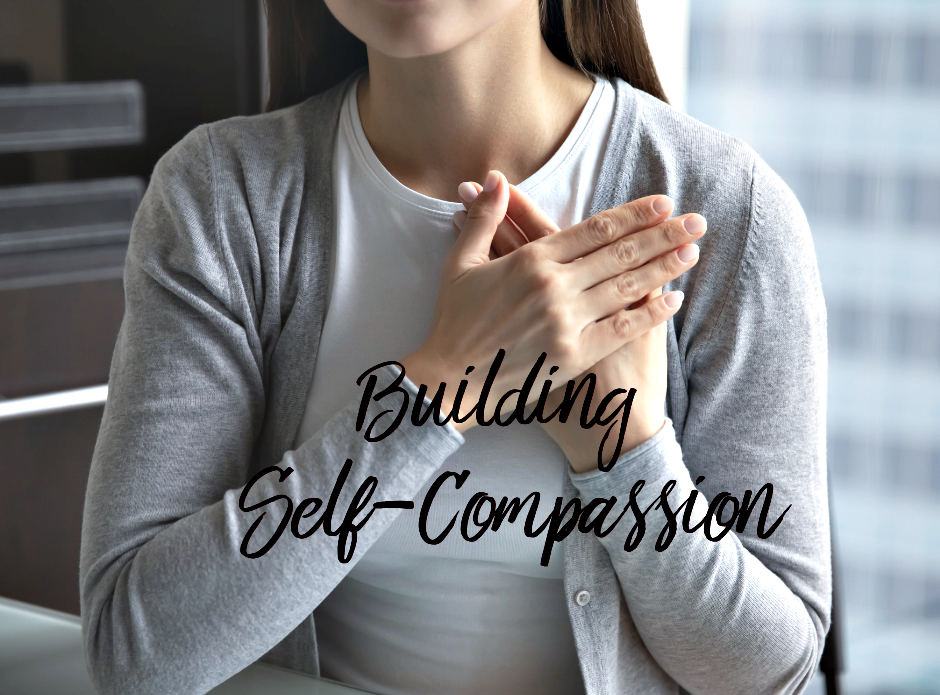How to maintain self respect

Maintaining self-respect is foundational to psychological well-being. It helps to keep healthy relationships, and personal growth. Self-respect, often intertwined with self-esteem and self-worth. It reflects how you view and treat yourself in the context of your values, actions, and interactions with others. Psychological research provides a robust framework for understanding how to cultivate and preserve self-respect. Below, I’ll expand on the eight ways to maintain self-respect.
1. Set and Maintain Boundaries

Psychological Basis: Boundaries are essential for protecting your emotional and psychological space. Research on assertiveness (Alberti & Emmons, 2001) shows that clear boundaries communicate self-worth and prevent others from taking advantage of you. Without boundaries, you risk burnout, resentment, or diminished self-respect due to feeling disrespected or undervalued.
Practical Application:
Identify situations where you feel uncomfortable or disrespected. For example, if a colleague consistently interrupts you, calmly state, “I’d like to finish my point before we move on.”
Practice saying “no” without guilt. Start with small situations, like declining an invitation that doesn’t align with your priorities.
Use “I” statements to express boundaries, such as, “I feel overwhelmed when I’m asked to take on extra tasks without notice. I need advance discussion.”
Why It Builds Self-Respect: Setting boundaries signals to yourself and others that your needs matter, reinforcing your intrinsic value.
2. Practice Self-Compassion

Psychological Basis: Self-compassion, as developed by Kristin Neff (2011), involves three components. They are self-
a. kindness (treating yourself gently),
b. common humanity (recognizing that everyone struggles),
c. and mindfulness (observing emotions without over-identifying with them).
Research shows self-compassion reduces anxiety, depression, and self-criticism, fostering a resilient sense of self-respect.
Practical Application:
When you make a mistake, pause and ask, “How would I comfort a friend in this situation?” Apply that kindness to yourself. For example, instead of thinking, “I’m such a failure for missing that deadline,” say, “Everyone misses deadlines sometimes; I’ll learn from this.”
Write a compassionate letter to yourself about a recent challenge, acknowledging your efforts and shared human struggles.
Practice mindfulness meditation to stay present with your emotions without judgment, which helps you avoid spiraling into self-criticism.
Why It Builds Self-Respect: By treating yourself with kindness, you affirm your worth, even in moments of imperfection, which strengthens your internal sense of dignity.
3. Pursue Personal Values and Goals

Psychological Basis: Self-Determination Theory (Ryan & Deci, 2000) posits that pursuing intrinsic goals—those aligned with personal values like growth, connection, or integrity—enhances self-esteem and self-respect. Living in accordance with your values creates a sense of authenticity, which is critical for psychological health.
Practical Application:
Reflect on your core values. Ask, “What matters most to me—honesty, creativity, family, justice?” Write down three values and how you can embody them daily.
Set small, achievable goals tied to these values. For example, if creativity is a value, dedicate 20 minutes a day to a creative hobby like writing or painting.
Regularly assess whether your actions align with your values. If you notice a disconnect, adjust your behavior or environment to realign.
Why It Builds Self-Respect: Living authentically reinforces your sense of integrity. It helps in making you feel worthy of respect from yourself and others.
4. Avoid Comparisons with Others

Psychological Basis: Social comparison theory (Festinger, 1954) explains that comparing yourself to others can lead to feelings of inferiority or superiority. Both these feelings can harm self-respect. Upward comparisons (comparing to those perceived as “better”) often lead to envy or inadequacy, while downward comparisons can foster arrogance, which disconnects you from genuine self-worth.
Practical Application:
Limit exposure to triggers like social media. Set time limits (e.g., 30 minutes daily) or unfollow accounts that spark comparison.
Shift focus to personal growth by tracking your progress. For example, if you’re working on fitness, compare your current strength to your past, not others’ achievements.
Practice gratitude to counter envy. List three things daily that you appreciate about your life or yourself.
Why It Builds Self-Respect: By focusing on your unique path, you anchor your worth in your own experiences, reducing the need for external validation.
5. Engage in Self-Reflection

Psychological Basis: Self-reflection, supported by research on expressive writing (Pennebaker, 1997), enhances self-awareness. It is critical for self-respect. By examining your thoughts, emotions, and behaviors, you gain insight. Which drives you and how to act in ways that honor your values.
Practical Application:
Keep a journal to explore your emotions and decisions. Write about a recent situation where you felt respected or disrespected, and analyze why.
Ask reflective questions: “What did I do today that I’m proud of?” or “What could I have handled differently to honor myself?”
Schedule weekly “check-ins” to assess your emotional state and alignment with your goals.
Why It Builds Self-Respect: Self-reflection builds a deeper understanding of yourself, empowering you to make choices that align with your dignity.
6. Stand Up for Yourself Assertively

Psychological Basis: Assertiveness, a core skill in dialectical behavior therapy (Linehan, 2014), involves expressing your needs and rights without aggression or passivity. Assertive communication demonstrates self-respect by showing you value your perspective while respecting others.
Practical Application:
Practice assertive phrases like, “I understand your perspective, but I feel differently and would like to share my view.”
Role-play challenging conversations with a trusted friend to build confidence in expressing yourself.
Use body language to reinforce assertiveness: maintain eye contact, stand tall, and speak clearly.
Why It Builds Self-Respect: Standing up for yourself communicates that your voice matters. It helps in reinforcing your self-worth internally and externally.
7. Take Responsibility for Your Actions

Psychological Basis: Cognitive-behavioral therapy (Beck, 2011) emphasizes accountability as a way to build self-efficacy and self-respect. Owning your mistakes, learning from them, and making amends demonstrate maturity and integrity, which are cornerstones of self-respect.
Practical Application:
When you make a mistake, acknowledge it directly. For example, say, “I messed up by missing that meeting. I’ll ensure it doesn’t happen again.”
Reflect on what you can learn from errors. Ask, “What led to this, and how can I improve?”
Make amends when possible, such as offering a sincere apology or correcting the issue.
Why It Builds Self-Respect: Taking responsibility shows you trust yourself to grow, reinforcing your sense of agency and worth.
8. Surround Yourself with Respectful People

Psychological Basis: Social identity theory (Tajfel & Turner, 1979) suggests that your social group shapes your self-concept. Relationships with people who respect and uplift you reinforce a positive self-image. Toxic relationships can erode self-respect by normalizing disrespect.
Practical Application:
Evaluate your relationships. Ask, “Do these people respect my boundaries and values?” Distance yourself from those who consistently undermine you.
Seek out communities that align with your interests or values, such as hobby groups or professional networks, to build supportive connections.
Practice gratitude for positive relationships by expressing appreciation to those who uplift you.
Why It Builds Self-Respect: Surrounding yourself with respectful people mirrors and reinforces the respect you have for yourself, creating a positive feedback loop.
Conclusion
Additional Tips for Implementation:
• Start small: Choose one or two strategies to focus on. Focus on practicing self-compassion or setting one boundary.
• Be consistent: Self-respect grows through repeated actions, so integrate these habits into your daily routine.
• Seek support: If maintaining self-respect feels challenging, consider therapy (e.g., CBT or DBT) to address underlying issues like low self-esteem or trauma.
